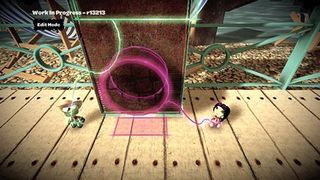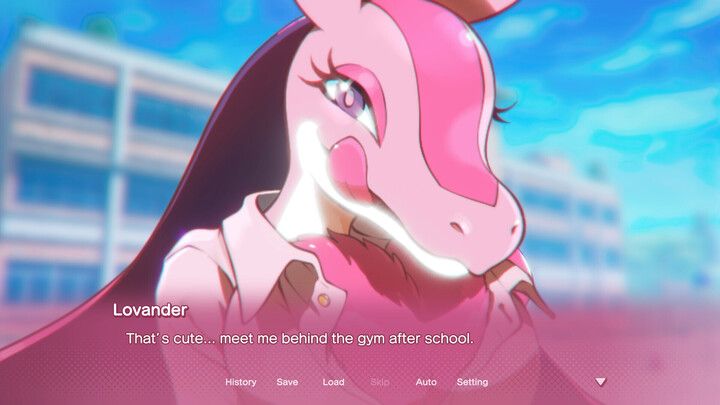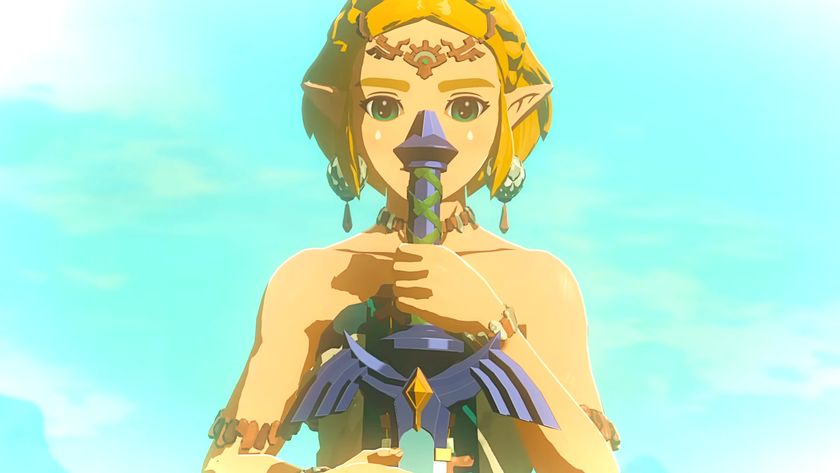Homebrewing for all
What does the growth of user-created content mean for gaming?
Sony’s great new mod-friendly game LittleBigPlanet is the most notable of a new breed of videogame about to sweep through the market. And we don’t just mean games populated with girly looking sack creatures. It has no discernible story, no bosses and, bucking the current trend, no cutscenes. In it, you will race through levels built from scratch by you. Or by your mates. Or by people you never met from the other side of the globe. It’s your call. Quite exciting, no?

It will be the first game on PS3 in which you will spend as much, if not more time designing the experience you will play through. Sony hopes that it will capture some of the social networking buzz we’ve seen with sites like MySpace and Facebook, with gamers swapping ideas and levels and building an intricate online community around the game. It’s social gaming, the logical next step from simply beating other players online.
Of course PC gamers have been doing something similar for years, but modding has rarely formed the crux of a game in the way LittleBigPlanet’s level-building will. Up to now, it has generally taken place in the twilight of a game’s lifespan, when a single-player campaign has been exhausted and the title needs a little jump-start to its life-support system through some sweet DLC. With LittleBigPlanet, we will see the onus placed on those playing the game to come up with their own content. But is the community up for it? Will they be bothered to put down their rifles for five minutes and think of something original? Does this mean traditional, story-led games are dying out? And what of the game designer – the person with the crazy ideas, the genius concepts – are they being forced to relinquish their fearsome power to gamers?

Above: SingStar brought people together in sing-offs
The videogames industry seems to be debating its future now more than ever. The new consoles aren’t so new anymore, and talk is turning to how games will evolve now that the next-gen evolution has bedded in. With the explosion of Nintendo’s Wii together with PlayStation titles like EyeToy and SingStar, gaming is no longer the preserve of the hardcore, and thoughts are centered on how to balance the needs of that core audience with attracting as many new gamers as possible – the so-called casual market. Some industry figureheads reckon that traditional narrative-led game formats are on the way out in the future, and that gamers need an in-built sense of community – the feeling of being plugged in – and to have a say in what they play. Former Sony head-honcho Phil Harrison, the massive brainbox who oversaw development of the EyeToy and SingStar games, thinks that the era of single-player gaming has had it.
Sign up to the 12DOVE Newsletter
Weekly digests, tales from the communities you love, and more
Simon was once a freelance games journalist with bylines at publications including GamesRadar. He is now a content designer at DWP Digital - aka the Department for Work and Pensions.

Assassin's Creed Shadows boss is confident Ubisoft has a place in modern RPGs, even as the industry's goalposts shift: "When we were working on Odyssey, it was Breath of the Wild"

Dread it, run from it, the Palworld dating sim is real – and Pocketpair is tripling down with a Steam page starring "Chillet's little sister" and "Yandere Splatterina"










